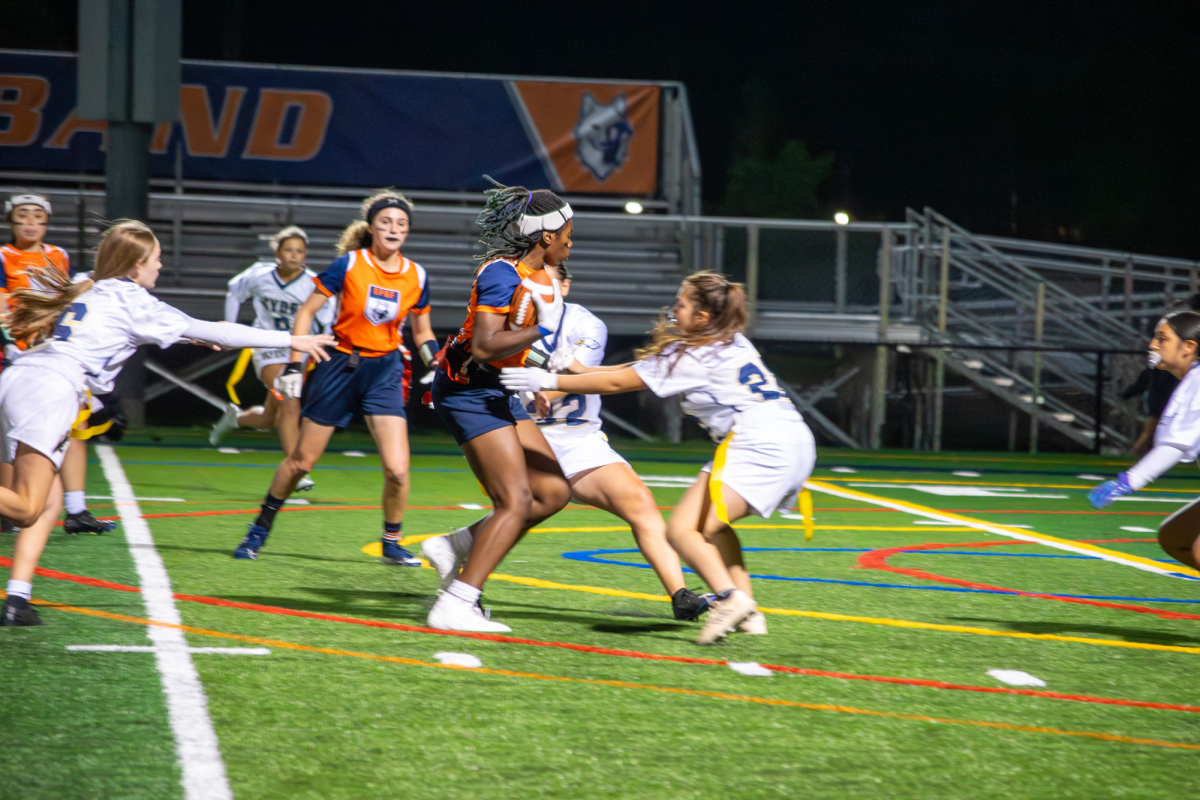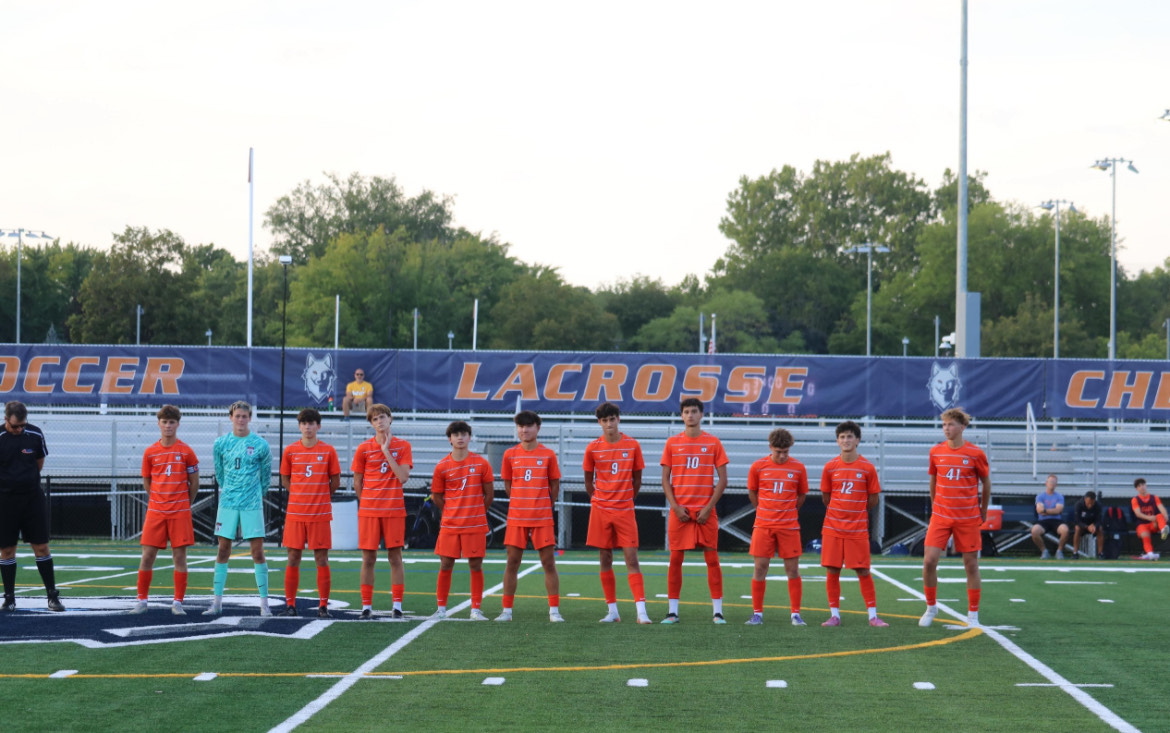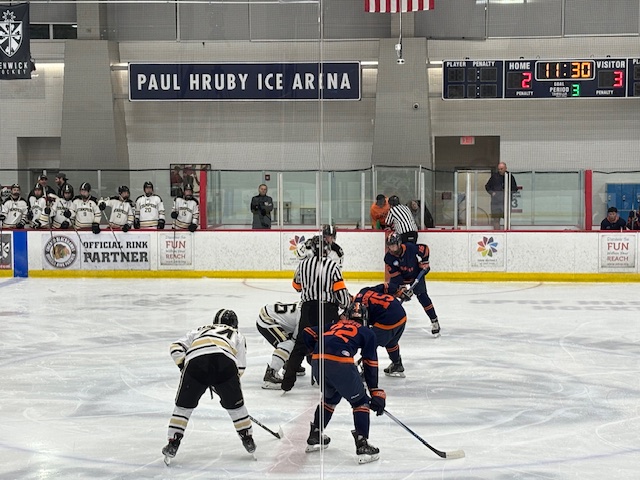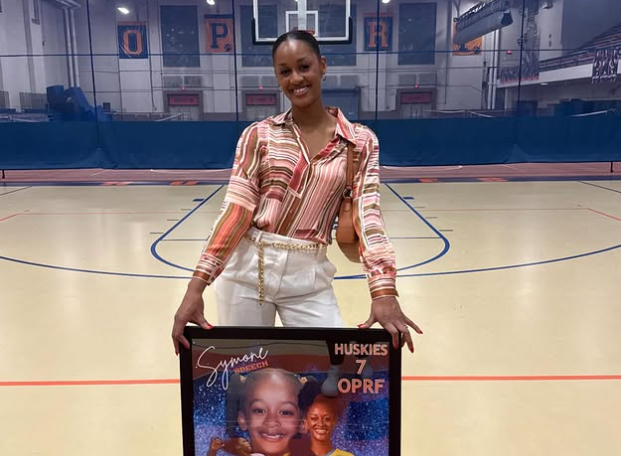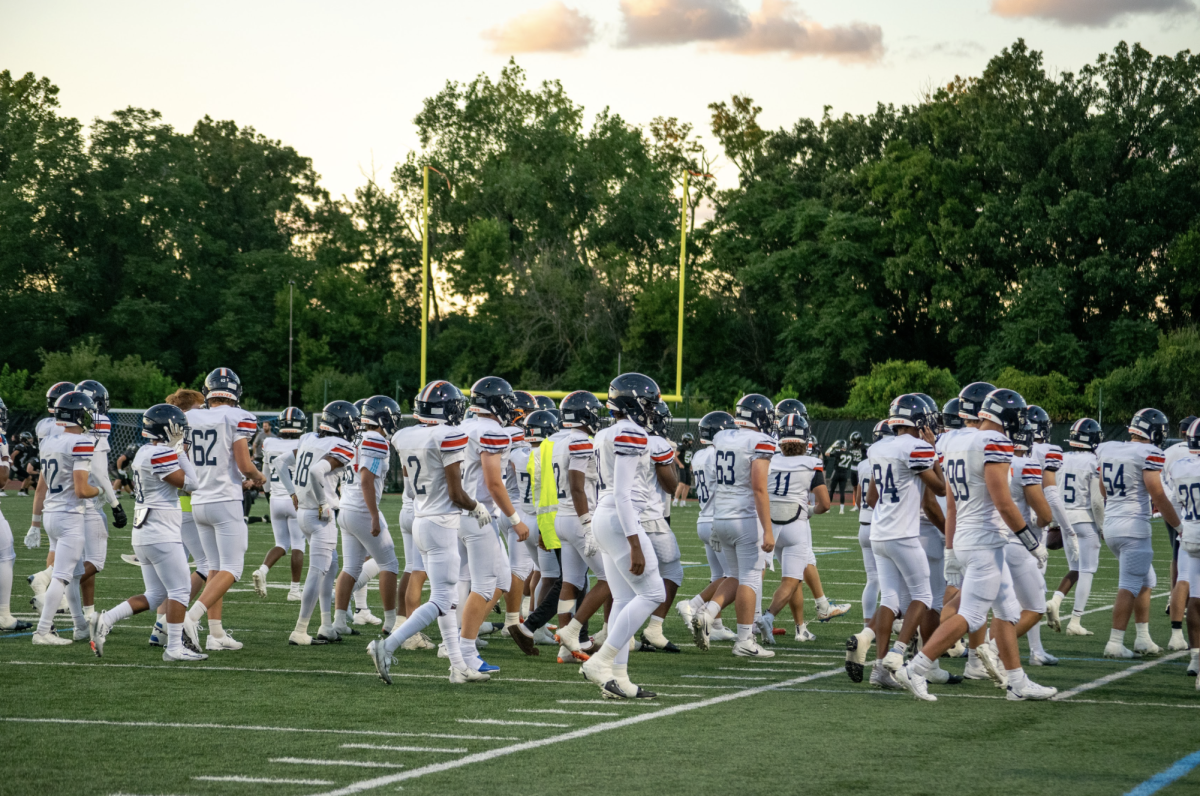This summer, Northwestern University fired its head football coach due to hazing allegations pointed toward the program. The person who brought light to Northwestern’s hazing was Lloyd Yates, a 2015 alum of Oak Park and River Forest High School.
Hazing has been and continues to be a problem in the sports world. The recent allegations beg the question: what is done at OPRF to prevent hazing, and what is the procedure when the athletic department receives a report?
Under Illinois law, hazing is a Class A misdemeanor, except when it results in “death or great bodily harm” to another person. Then it becomes a Class 4 felony.
Nicole Ebsen, the Athletic Director at OPRF, said hazing “is an activity that is harmful physically, mentally, and emotionally.” While the law uses a slightly different definition of hazing, OPRF’s definition includes mental and emotional harm as well as physical harm.
Prior to the start of the fall season, Ebsen and Co-Assistant Athletic Directors Kevin Campbell and Derrick Purvis spoke to every student-athlete individually, addressing the expectations of “what it means to be a student-athlete both on and off the field,” Ebsen said. Student-athletes are “held to a different expectation as [they’re] representing” OPRF in a more visible way, she said.
Ebsen noted that strong coaches prevent hazing by building a positive team culture.
Kristin Wirtz, a math teacher at OPRF and the Girls Field Hockey coach, said that it’s important to be connected as a program instead of just the team. “The goal is to get the freshmen involved and meet people within the program outside of just athletes their own age. It helps connect them to the school and feel a sense of community.”
Ebsen believes that when introductions to a team are handled in a responsible and non-harmful manner, it can be incredibly beneficial, and help new student-athletes find a connection with their teammates at the start of the school year. “Sometimes they are taken to breakfast… or they watch the sunrise one morning,” Ebsen says.
Ashley Raymond is a teacher and the Girls’ Cross Country head coach. “We start the season with something called Color Wars,” she said. Color Wars is a competition where freshmen are introduced to other people in the program at each skill level. It gives a built-in relationship to the program and not just a team. “It can be difficult for a freshman to go into a program of 65 people and not know anyone,” Raymond said.
Raymond also noted that the “sense of community and having such healthy teammates is what brings people…back… The friendships that you create and how your teammates make you feel is what [student-athletes] are going [to] remember.”
If the Athletic Division receives a report of hazing, Ebsen must report it to the respective authorities, and there is an investigation process that is initiated almost immediately to ensure that the report is investigated in a thorough and timely manner.
As hazing is combated in the sports world, OPRF does a lot when it comes to the prevention of it. It seems like it is closer to home since an alum has experienced “egregious acts” due to hazing, as The Daily Northwestern, Northwestern’s student newspaper, described them.
Hazing has no place in or around OPRF. It’s a good thing that our Athletic Division places an emphasis on creating a welcoming culture and building strong communities–which bring student-athletes back each season to make memories they’ll have for years to come.

